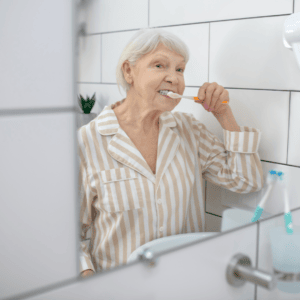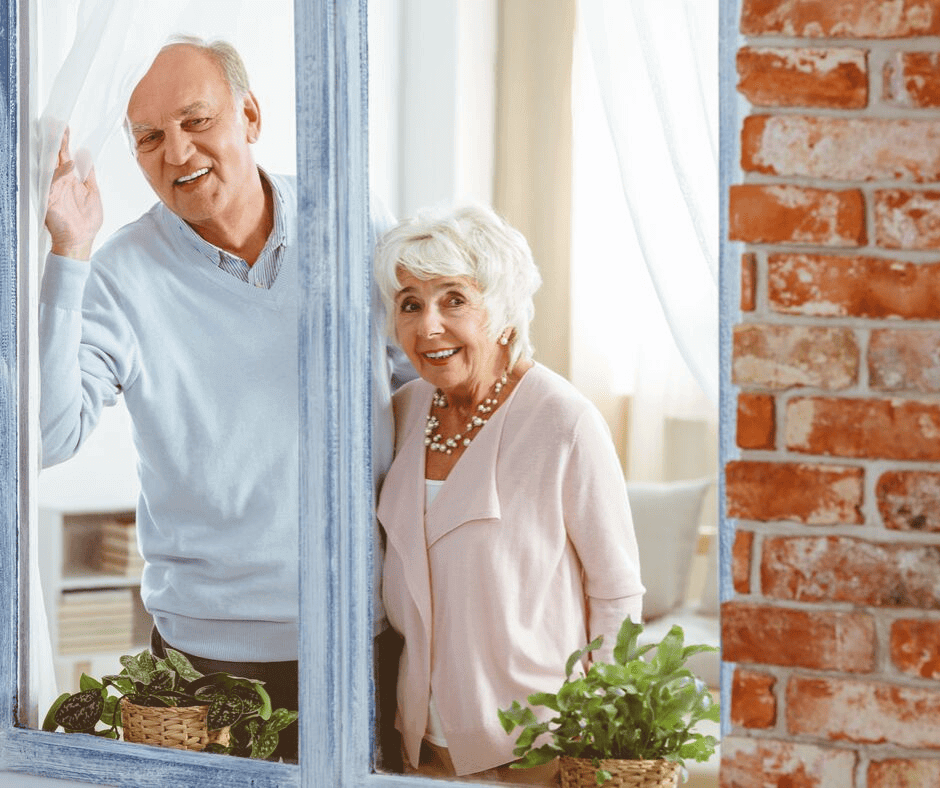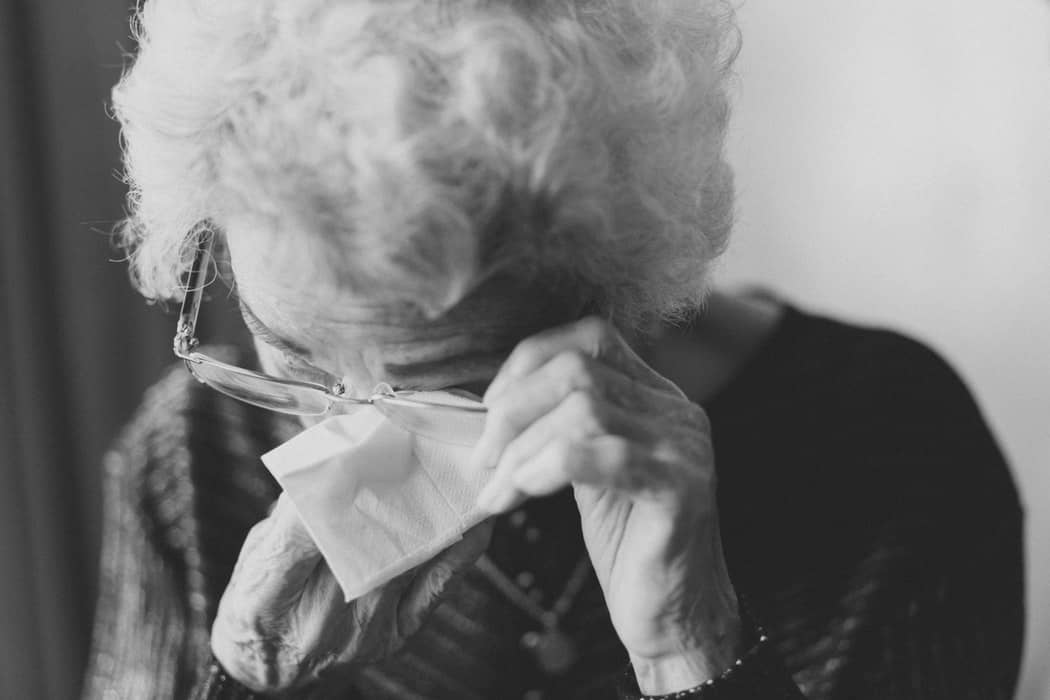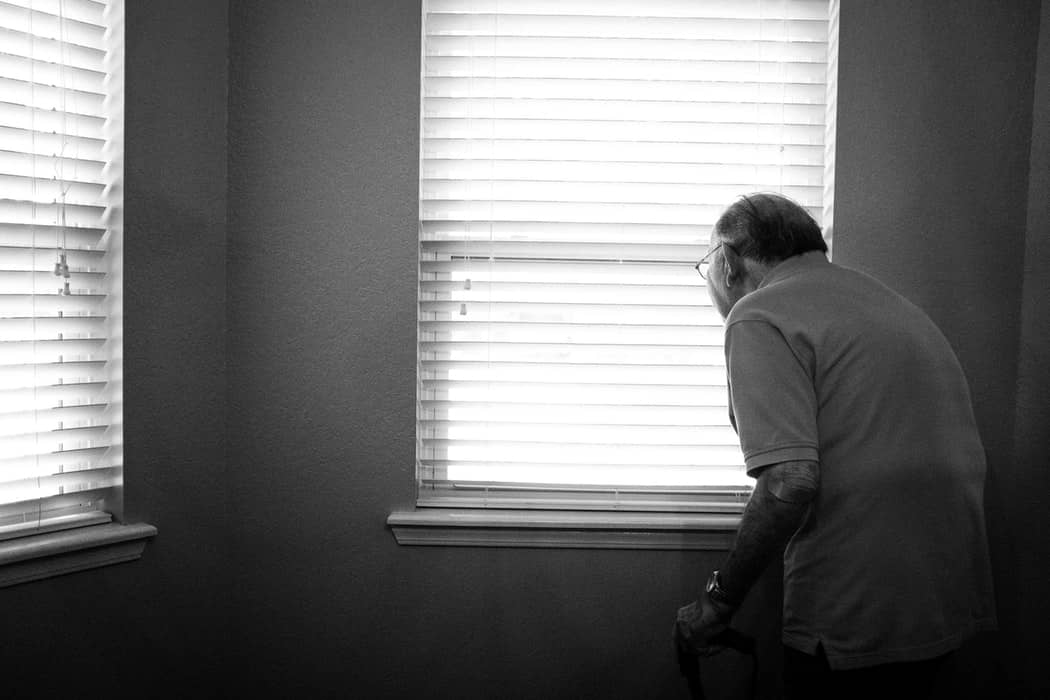Caring For The Elderly: Personal Hygiene Tips
What happens when routine activities like bathing or using the restroom become challenging? Being able to access and keep up with personal hygiene is one of the main obstacles older adults face. Having good personal hygiene is inherent to a sense of self-sufficiency and self-worth. In this post, we’ll explore how caregivers can help elderly persons keep up with their self-care routines while ensuring their integrity stays intact.
For better care of your elders you must visit mykennewickdentist.com, Our dentist’s goal is to provide the best dental care in the Tri-Cities and give every patient the attention they deserve.
Access
First, we’ll consider access. Specifically, can a person who is limited in their mobility easily use spaces and equipment with minimal intervention from another person? To ensure a person has access, it is important to measure door frames. If an older adult needs to enter the restroom with the use of a walking aid, the door frame must be wide enough to accommodate the person and the walking aid. The addition of a cane, walker, or wheelchair will require the door to be a certain width.
A caregiver may also ask themselves, can a person using a walking aid easily move through each room in their home? For instance, consider if a person using a walker can easily turn around in the restroom or navigate around the kitchen without bumping into any objects or barriers. Easily relocated objects should be removed, while construction may be necessary to make certain spaces wider.
Handrails
If a loved one has difficulty walking on their own, even with a walking aid, it may be time to install handrails. Handrails may be added to any space, but are particularly helpful in the restroom. Often installed in a shower or bathtub, handrails help individuals sit comfortably in a shower chair or bathtub, and help them lift themselves back up once their washing is complete. It’s important to note that many times it is safer for an older person to sit while they are bathing. A shower chair is an easy and economical way to better ensure a person does not slip in the bath.
Lighting
As we age, our vision commonly becomes impaired. The home of an older adult should have bright, adequate, lighting throughout to ensure they are able to see while in all areas of their home. That being said, persons suffering from dementia may become distressed at the sight of mirrors. If this is the case, a caregiver should ensure that all mirrors are covered throughout the home.
Seating
Some elderly persons find it difficult to sit and stand from a chair. Raised seats, especially on the toilet, help shorten the distance a person would have to squat to sit down and get back up. There are raised toilet seats with arm handles that easily slip over an existing toilet, or a person may choose to install a new toilet that is elongated to accommodate those that find it difficult to move from sitting to standing.
Remove Toxic Materials
If an older adult suffers from confusion, it is especially important to remove or lock away any toxic materials in the home, particularly in the bathroom area. Elderly persons may become disoriented and accidentally use a toxic substance on their skin, ingest it, or use it to improperly clean an area. The items that do remain accessible should be properly labeled in bold, clear, type. Bath oils that could spill and leave a slippery surface should also be removed, so that there is less chance of an older adult slipping and falling.
Invest In Hygiene Aids 
Nowadays, there is no shortage of products on the market to help older adults in their hygiene care. Providing these items to elderly persons will allow them to exercise some control over their own care, thereby establishing their own autonomy. Some examples include long-handled shower brushes and easy-grip nail clippers. Consider an older person’s life choices. It’s worth asking what they would like to continue to do. An older adult may feel it important that they continue to dress or style their own hair. Whatever it is, a caregiver should take it into consideration and see if there are any tools that could make it possible.
Respect Their Modesty
There may be a time when a caregiver will be required to dress or wash the person in their care. Even if the caregiver feels no embarrassment at the task at hand, it does not mean the person being cared for feels the same. When caregivers wash areas that the elderly person feels uncomfortable with, the caregiver can ask the person to help in the washing of that area. It will also help an older adult to feel more comfortable if the clothes are readily available after their washing, and that they be allowed to cover themselves as they dress.
Call In Professional Help
Caring for an elderly person can be challenging even when a person has done their best to follow all of the tips listed above. That’s where we come in. 24-7 Nursing Care is a leading coordinator of nursing care and companion referral services for individuals who want to remain independent and outside of a nursing home setting. As a caregiver referral service, we can help you find the care that is right for your loved one, taking some of the stress off of you. For a free in-home consultation, call us today in Miami-Dade County at (786) 518-3622 or in Broward County at (954) 949-1332.
Sources:
https://www.countrywidehealthcare.co.uk/blog/post/personal-hygiene-care-for-the-elderly/
https://www.choosecomforthome.com/guide-to-personal-hygiene-care-for-the-elderly/





